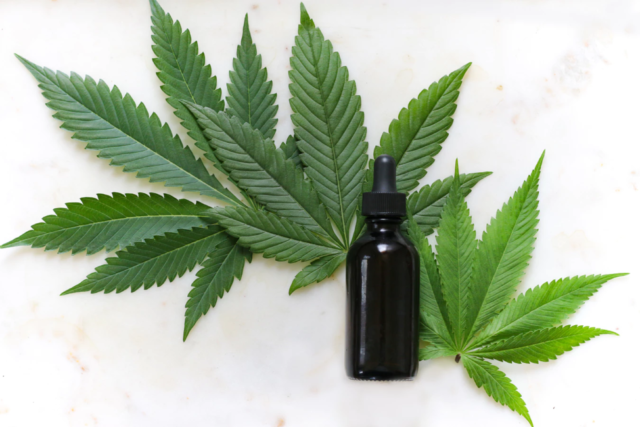
Acne, pain, menstrual problems, and opioid addiction — the range of conditions that cannabidiol (CBD) can apparently treat seems endless. But does the compound really work? The answer remains unclear.
Nonetheless, CBD is having a moment, says a research letter that JAMA Network Open has published.
The analysis of online searches by the population of the United States reveals that millions are equally or more interested in CBD than they are in any other health products and topics.
Dr. Davey Smith, chief of infectious diseases and global public health at the University of California (UC), San Diego, says: “At this time there are no known benefits for taking CBD over the counter. CBD is this generation’s snake oil, where millions are engaging with the product without evidence of any benefit.”
CBD takes the stage
CBD is not new, with people having first extracted it from the cannabis plant in 1940. However, it has recently become available in an array of products, from gummies to ice cream, in the form of massage oil, and as droplets.
It is fair to say that public interest in CBD is high. Study co-author John W. Ayers notes that “3 years ago, there was essentially no one searching about CBD online, but now there are an estimated 6.4 million unique searches each month.”
CBD’s value as a health supplement remains indeterminate, with few major health authorities weighing in on its benefits or potential side effects.
The authors of the study believe that this is because they may not understand the extent to which people are interested in the substance. The team hopes to remedy this with hard data that prompt experts to prioritize more research.
Online curiosity about CBD
Health scientists from UC San Diego analyzed the frequency of U.S. Google searches for either “CBD” or “cannabidiol” from January 2004 through to April 2019.
Next, using this data, they extrapolated search traffic out through December 2019.
“Rather than relying on self-reports where some might not be willing to discuss CBD openly, we directly observed millions of instances of people seeking out information or even shopping for CBD online.” – Lead study author Dr. Eric Leas
During the last 3 years, the increase in CBD searches has been particularly pronounced. It increased by 125% during 2017 and then 160% during 2018. Experts expect it to be up by 180% again in 2019.
The researchers noted increased interest in CBD throughout the U.S. In some places, interest was especially strong. For instance, searches grew by 605% in Alabama.
The booming number of inquiries that the team recorded in other states — Vermont, Wisconsin, Tennessee, Colorado, New Hampshire, and Oregon — demonstrates that CBD is a nationwide topic of interest.
The interest in CBD may be partly due to the increased destigmatization of marijuana.
Indeed, states with legalized recreational marijuana use had the greatest number of CBD searches. States allowing medicinal uses of cannabis followed, and then states in which marijuana is illegal.












